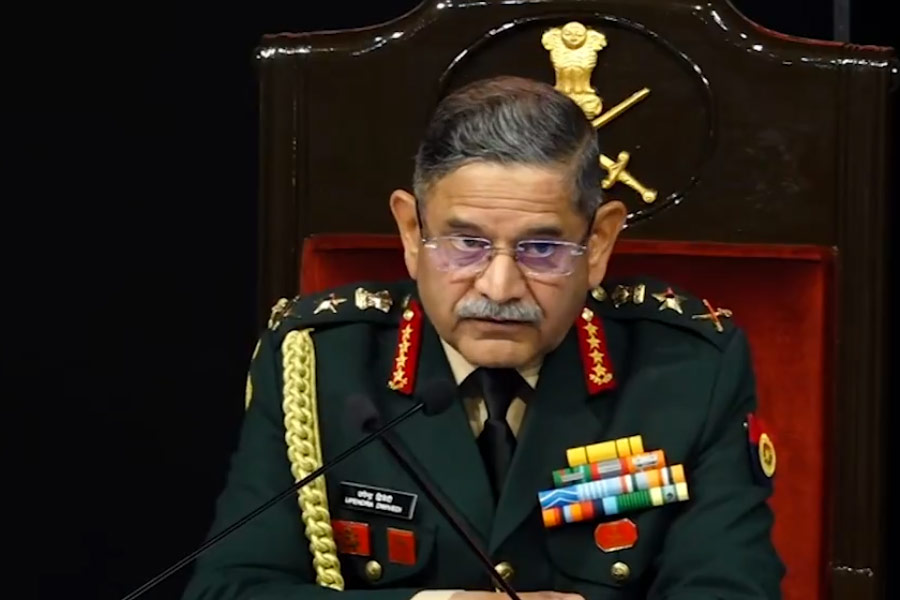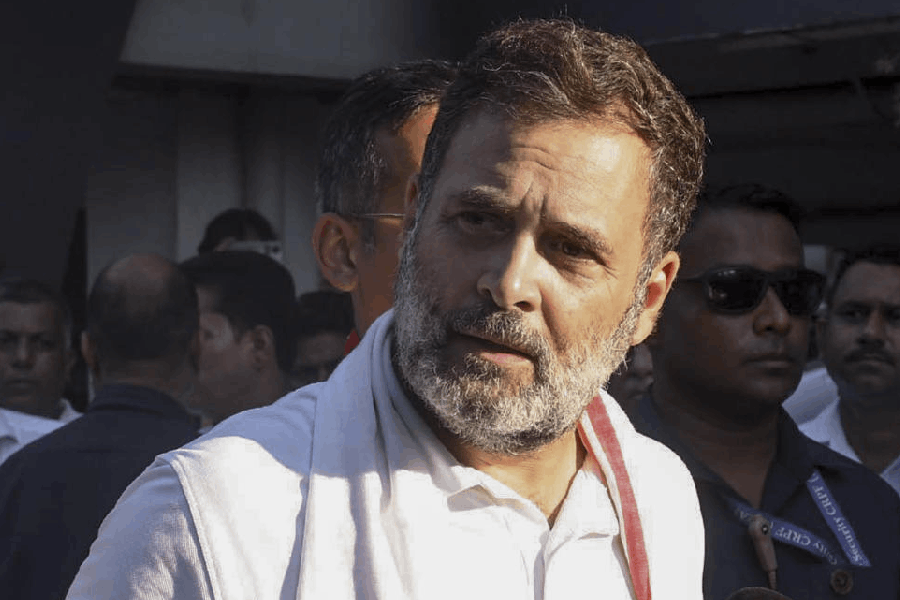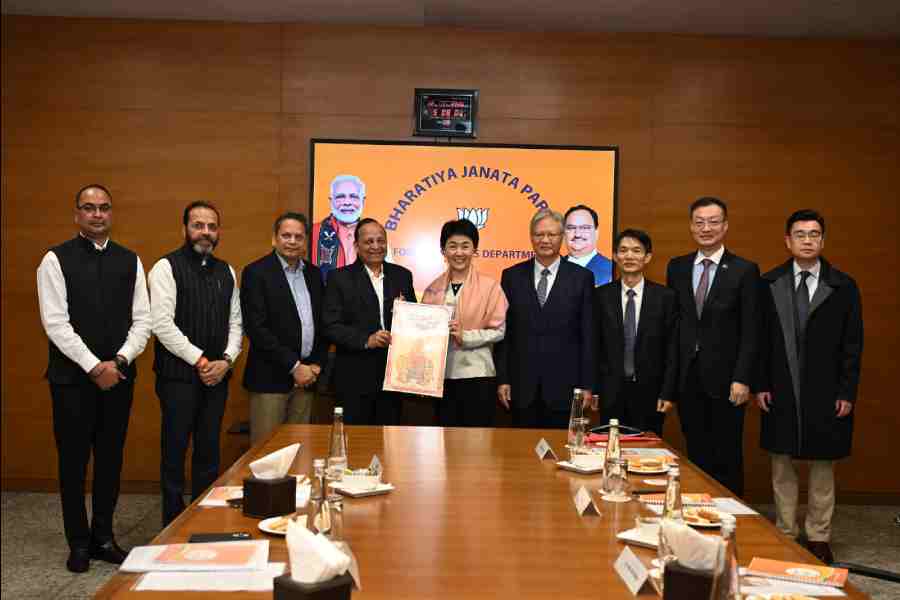The Supreme Court on Tuesday directed the National Testing Agency (NTA) to “rectify within one week” the injustice caused to a student with a learning disability that impedes writing whose answer sheet was snatched by invigilators during the medical entrance exam.
The court told the government’s NTA, which conducts the National Eligibility-cum-Entrance Test (NEET), that rules permit persons with disabilities an extra hour to write the exam.
“The NTA is directed to consider what steps could be taken to rectify the injustice within a period of one week. Further, it shall take necessary consequential measures,” the court ruled.
The direction came a day after the top court ordered the creation of a special seat for a Dalit student at IIT Bombay as he could not pay the admission fee on time due to technical problems.
The petitioner in Tuesday’s case is Avni Prakash, who suffers from dysgraphia, a learning disability that causes unclear, irregular, or inconsistent handwriting, transcription difficulties, slows down the pace of writing and also results in diminished coherence.
Avni had appeared for the undergraduate NEET on September 12. Citing her “persons with disabilities” status, she had sought an additional hour to complete the paper. Her exam centre, Thakur College of Engineering and Technology at Kandivali in Mumbai, is one of the respondents in the case.
Avni’s answer script was snatched away by the college authorities after the end of the allotted three hours on the ground that no special benefits could be granted to her.
She had moved Bombay High Court, which on October 29 dismissed her plea.
According to Avni, dysgraphia is a specified disability listed in Entry 2(a) of the Schedule to the Rights of Persons with Disability Act, 2016, and she had been diagnosed with 40 per cent permanent disability, falling within the statutory definition of a “person with benchmark disability” under Section 2(r) of the same law.
Avni had argued that as a person with disability, she was entitled to reasonable accommodation and certain relaxations. Among them is the benefit of “inclusive education” by a suitable modification to the exam, as mandated by Section 17(i) of the Act.
The ministry of social justice and empowerment had issued guidelines for conducting “Written Examination for Persons with Benchmark Disabilities” on August 19, 2018.
The guidelines provide the following entitlements:
- The facility of scribe/reader/lab assistant to a person with disability who has limitation in writing, including that of speed.
- The option of choosing the mode for taking the exam, such as Braille, computer, or large print.
- Compensatory time for appearing in exams.
Allowing Avni’s appeal, a Supreme Court bench of Justices D.Y. Chandrachud and A.S. Bopanna said: “The appellant has suffered injustice by a wrongful denial of these relaxations and a lack of remedy by this court would cause irretrievable injustice to the life of the student. The RwPD Act, 2016, prescribing beneficial provisions for persons with specified disabilities would have no meaning unless it is scrupulously enforced.
“In our view, the first respondent (the NTA) cannot be allowed to simply get away when confronted with the situation in hand whereby injustice has been caused to a student by standing behind the situation of a large competitive examination. Individual injustices originating in a wrongful denial of rights and entitlements prescribed under the law cannot be sent into oblivion on the ground that these are a necessary consequence of a competitive examination.”
The court noted that the NTA was duty-bound to comply with the guidelines on written exams dated August 29, 2018, prescribed by the government.
“The grievance of the appellant is that she was deprived of the compensatory additional one hour for attempting the examination, simply because the second respondent (the exam centre) was unaware of the rights of PwD (persons with disabilities)….
“This state of affairs reflects the responsibility of the first respondent (NTE) to ensure that personnel at examination centres are trained and provided with clear guidelines for the implementation of the provisions made for PwD. In the absence of adequate training, rights conferred on candidates with specified disabilities by Parliament are set at nought,” the court said.
Justice Chandrachud who authored the judgment said education played a key role in social and economic inclusion and effective participation in society.
“The Convention on Rights of Persons with Disabilities recognises that inclusive education systems must be put in place for a meaningful realisation of the right to education for PwD. Thus, a right to education is essentially a right to inclusive education,” the apex court said.
“In India, the RPwD Act, 2016, provides statutory backing to the principle of inclusive education….”
The court noted that Avni had secured an all-India rank of 1,721 among 2,684 candidates who had cleared the NEET in the PwD category.
The NTA had argued that approximately 15.4 lakh candidates had appeared for the NEET and that the list for counselling had been sent to the Union health ministry on November 9. It was submitted that alteration of the results at this stage would prejudicially affect other candidates who were ranked above Avni.
Rejecting the argument, Justice Chandrachud observed: “The first respondent must remember that all authority under the law is subject to responsibility, and above all, to a sense of accountability. The first respondent is governed by the rule of law and by the constitutional requirement of observing fairness. Behind the abstract number of ‘15 lakh students’ lies human lives that can be altered due to the inadvertent, yet significant, errors of the first respondent.”
The court, however, rejected Avni’s plea for re-examination.











